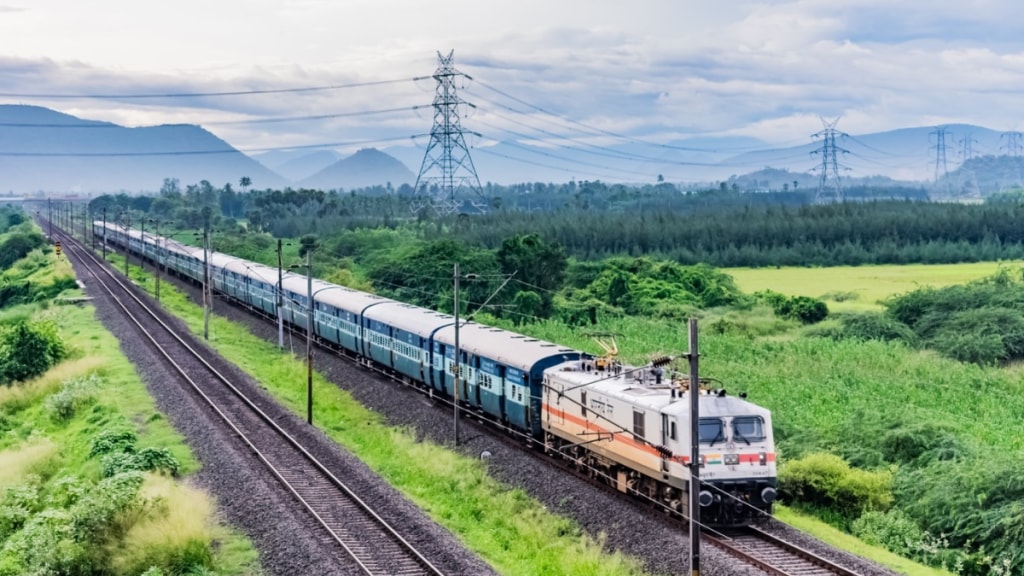The Indian Railways generated a significant Rs 12,159.35 crore in passenger revenue during the festive months of September and October 2024, according to a government reply in the Lok Sabha. The revenue was earned from ticket sales during this peak travel period. The information was provided by Railway Minister Ashwini Vaishnaw in response to a query raised by Trinamool Congress (TMC) MP Mala Roy, who inquired about the earnings of the railways from ticket sales and cancellations during the festive season.
Ticket Cancellations Not Tracked Separately
Minister Vaishnaw clarified that the railways do not maintain a separate record of revenue from ticket cancellations, and therefore, specific figures for the amount credited due to cancellations are not available. The focus remains on the overall earnings from ticket sales during the travel period.
Record Number of Passengers in Festive Season
Between September 1 and November 10, 2024, a total of 143.71 crore passengers travelled by train, highlighting the substantial demand for rail travel during the festive months. Among the various railway zones, the Central Railway Zone registered the highest number of travellers, with 31.63 crore people using the services during this period.
Special Trains to Meet Increased Demand
To accommodate the surge in passenger demand during the festive season, Indian Railways operated 7,983 special train trips between October 1 and November 30, 2024. These special trains were introduced to ensure that more passengers could travel to their destinations without facing overcrowding or long wait times, especially during the peak festive period.
Indian Railways has seen a marked increase in passenger traffic and earnings during the festive months of 2024. With a significant number of special trains running to manage this demand, the festive season has proven to be a lucrative period for the national transporter. The data highlights the essential role of Indian Railways in facilitating mass transportation across the country during high-demand periods.
(With agency input)

